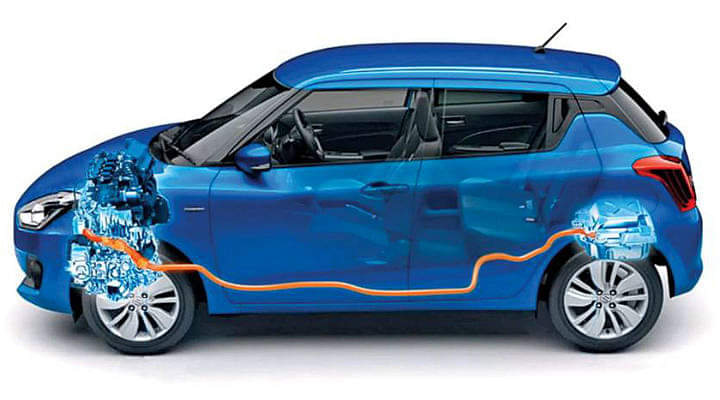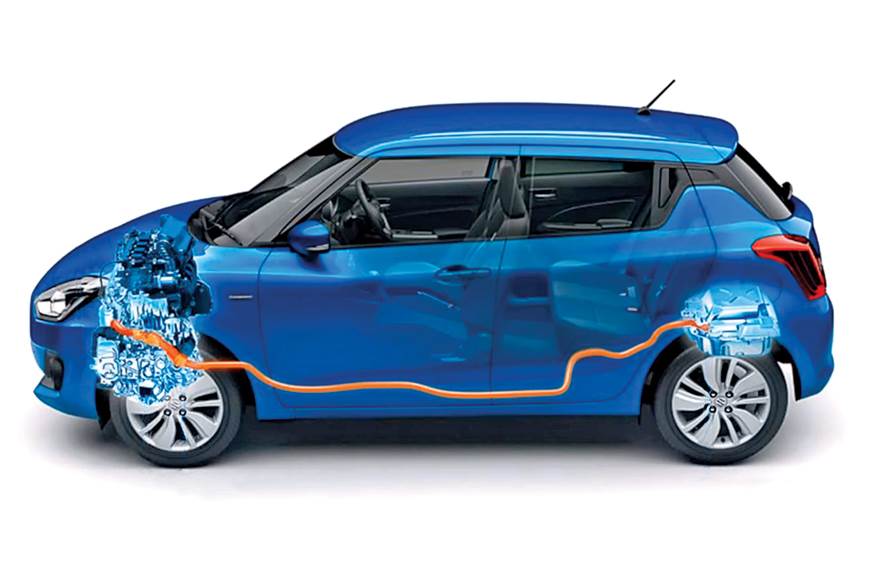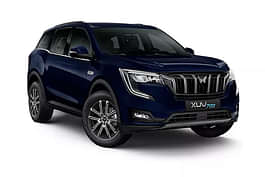
India's largest car manufacturer, Maruti Suzuki announced that they will exit the diesel car segment in India once the BS6 emission norms are implemented in India. Maruti Suzuki, which enjoys about half of the market share in car sales in India might get affected by the new strategy. However, the manufacturer is already working on the new strategy and is working on the new-generation drivetrain. Maruti Suzuki India is working on the hybrid models, which will be showcased at the 2020 Auto Expo. But will it be enough to replace the diesel engine from the line-up?

Maruti Suzuki already offers a mild-hybrid SHVS technology with selected petrol and diesel engine powered vehicles in India. The new technology is an advanced version of it and is expected to power future vehicles from the brand. It will be a full-blown hybrid system with a 48V Lithium-ion battery pack.
The new 48V hybrid system will have three main components. There is a 48V Integrated Starter Generator, electric motor and a starter motor. The battery pack will be positioned under the front-passenger seat, which will ensure that any other space in the vehicle is not affected and the luggage carrying capacity remains the same. The third crucial component in the system is a convertor that will supply 12V to 48V power to the electrical equipment of the vehicle as per the demand.
The new hybrid system will significantly increase the fuel efficiency of the petrol engines, which will be solely used in the future Maruti Suzuki cars. Higher fuel efficiency is one of the main driving points behind the sales of diesel cars in India, and the new technology will address that point directly.

Since petrol engines have to be revved to a higher point to allow the torque to peak, the new improved SHVS system will ensure that the engine develops maximum torque, which is said to be around 235 Nm with the 1.4-litre petrol engine, at only 2,000 rpm. Again, it will allow the customers to feel a stronger low-end torque in the petrol cars and the experience will be similar to driving a diesel vehicle.
Also, the technology will allow petrol cars to accelerate without any delay of engine start, which will eliminate the fuel consumption when the vehicle starts to move from a standstill. It will allow much higher fuel efficiency in start-stop traffic compared to the regular petrol engine powered cars.
In all, the technology will be a boon for the manufacturer and the cost of the vehicle will remain lower or similar to the premium diesel-powered vehicles.
Since the new 48V hybrid system will have characteristics similar to the diesel engines, it will be an extremely useful technology for the brand, especially when they are looking to replace the diesel engines. We feel that the technology will be good enough to make the customers forget the void left by the diesel engines. Since for the success of the electric vehicles requires completely new infrastructure, the hybrid systems will rule the automobile market in India in the next few years.





















